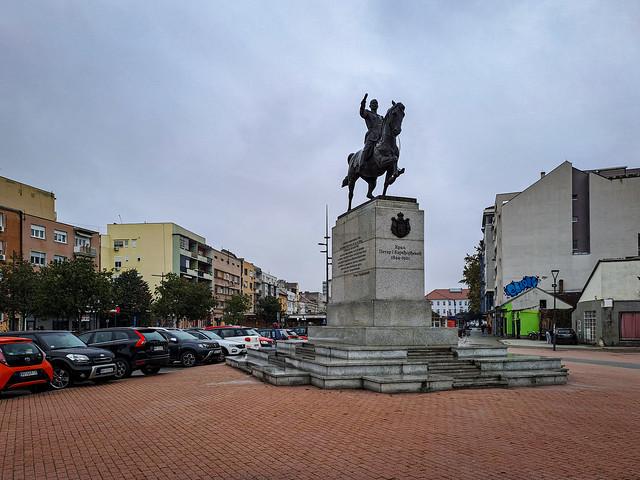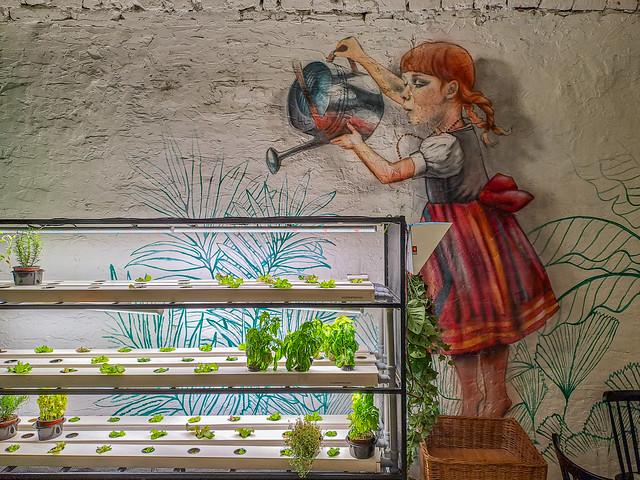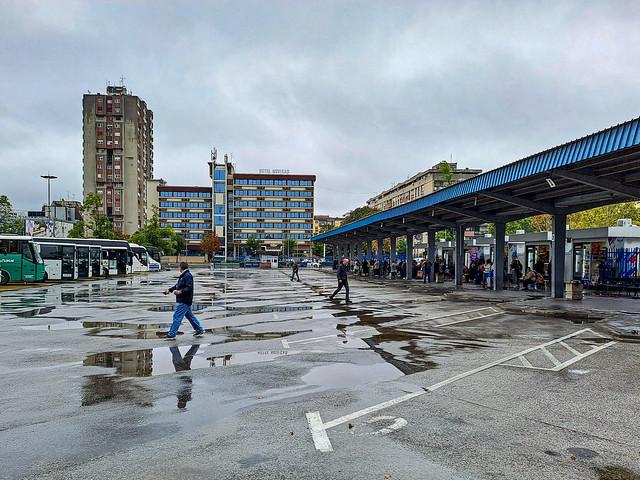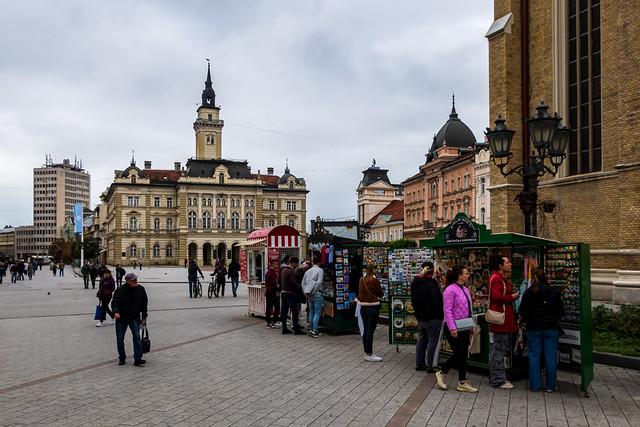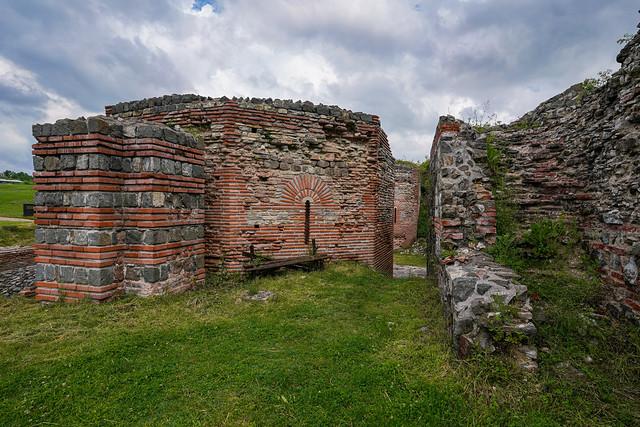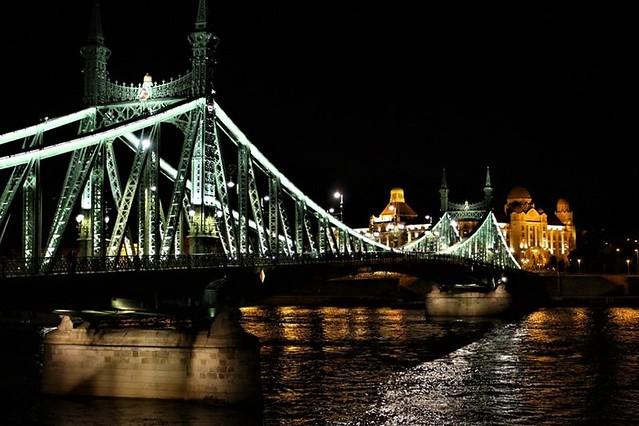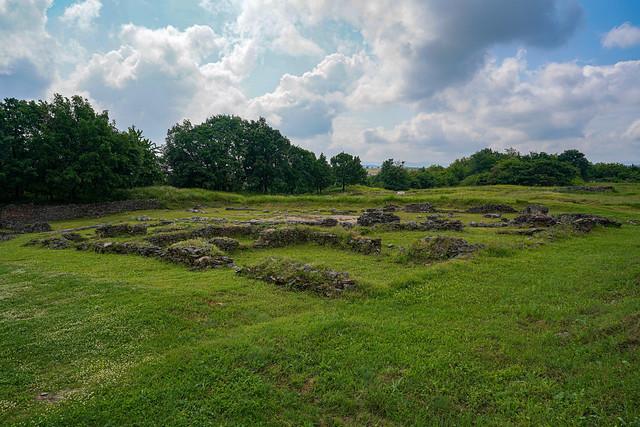Vojvodina
Overview
Overview of Vojvodina, Serbia
Vojvodina is a vibrant autonomous province located in the northern part of Serbia, known for its cultural diversity, peaceful coexistence of over 25 ethnic groups, and multilingual communities. The region is celebrated for its rich history, which is reflected in its architecture, from Austro-Hungarian palaces to traditional Vojvodinian farms. The capital city, Novi Sad, is famous for its youthful energy, historical sites such as Petrovaradin Fortress, and as the home of the EXIT music festival, one of Europe's premier music events. With its flat landscape dominated by fertile plains, the region is also a major agricultural hub, making it a unique blend of urban and rural settings that coexist harmoniously.
Tourism High Season and Activities
The high season for tourism in Vojvodina spans from late spring to early autumn, peaking in July and August when the weather is warmest. During this period, temperatures average around 25°C (77°F), creating ideal conditions for exploring the outdoors. This is a fantastic time for cycling along the Danube River or through Fruška Gora National Park, which offers lush landscapes and over a dozen monasteries tucked away in its forests. Summer festivals are a major draw, particularly the EXIT Festival in July, which attracts international tourists and music lovers. For those interested in a more relaxed experience, the region’s numerous wineries offer tastings and tours, showcasing Vojvodina's burgeoning wine industry.
Preparation for Travelers
Before traveling to Vojvodina, it’s important for teenagers to prepare adequately to ensure a smooth and enjoyable visit. Ensuring that all travel documents are in order, such as a valid passport and any necessary visas, is crucial. Since Serbia is not part of the European Union, visitors should check the specific entry requirements for their country. Learning a few basic phrases in Serbian can be helpful, as English may not be widely spoken especially in rural areas, though younger people typically have a good command of English. It’s advisable to have some local currency (Serbian dinar) on hand, as smaller establishments may not accept credit cards. Lastly, familiarizing oneself with local customs and etiquette will enrich the travel experience and show respect for the local culture.
How It Becomes to This
History not available

You May Like
Explore other interesting states in Serbia
Discover More Area
Delve into more destinations within this state and uncover hidden gems.


